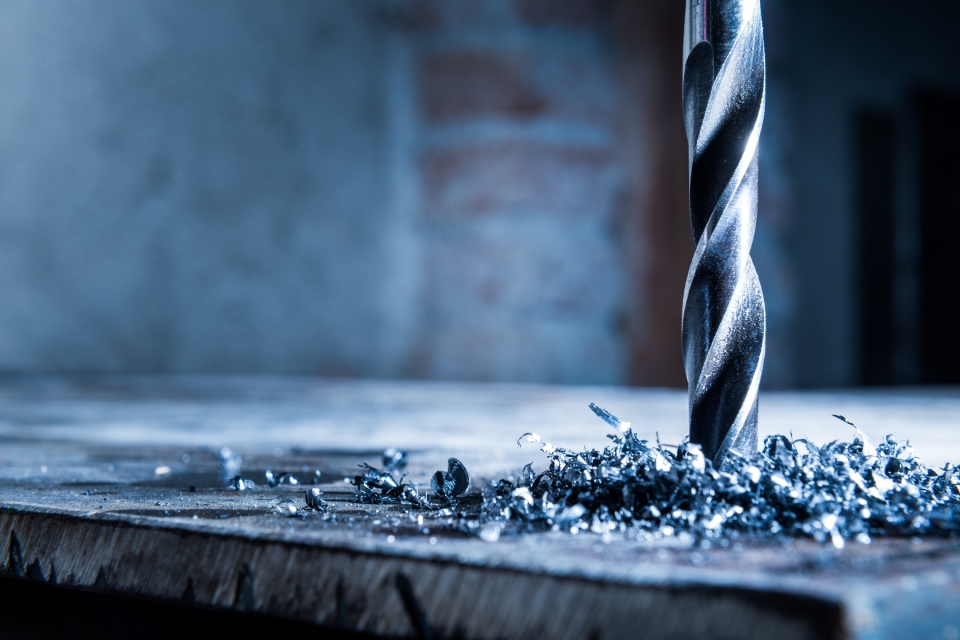Drilling metal is a skill requiring a deep understanding of advanced techniques. Learn the practical advanced drilling skills to know that will help you advance your career and elevate your craft. Here are the best techniques to improve your skillset.
Precision Hole Drilling
Creating accurate holes is crucial for any metalworking project, so learning precise hole drilling is essential. Developing this skill involves understanding the material properties, using the correct drill bits, and maintaining the right drilling angle. Ensure you use a guide that details advanced techniques for precision hole drilling as you learn this skill. A guide like this will help you avoid common mistakes and correctly align your drill with its center punch.
Speed and Feed Optimization
Optimizing speed and feed rates is another critical skill. The right speed and feed combination can affect the quality of the holes you drill and the drill bit’s longevity. Generally, you can drill softer metals at higher speeds, while harder metals require slower speeds and more controlled feeding. Monitoring how much heat your drill generates is essential to prevent excessive heat from damaging the material and the drill bit.
Advanced Tool Selection
You should know how to select the right tools for your tasks so you don’t affect the quality of your work. However, besides working with basic tools, knowing advanced tools and when to use them will lead to more efficient and precise drilling.
Chip Management
Effective chip management is a crucial skill in advanced metal drilling that many getting into and advancing in metalworking overlook. Metal chips, or swarf, can accumulate and interfere with visibility and accuracy while drilling. Efficient chip removal is essential to prevent damage to the material surface and the drill bit, so ensure your team uses proper techniques to enhance the operation’s precision and safety.
Material Identification
Knowing how to recognize materials and how to work with them is essential. The first step in any drilling project is identifying the type of metal, which will dictate your choice of tools, drilling speed, and technique. For example, hard metals require specific processes, such as stainless steel, which need slower drilling speeds. Understanding the metal’s properties, such as its tensile strength and thermal conductivity, can help you determine the best drilling strategy. Accurate material identification ensures the drilled hole’s quality and extends your tools’ lifespan by minimizing wear and tear.
These practical advanced drilling skills to know are essential, as they will undoubtedly help you take your metalworking projects to the next level. By continually refining these skills, metalworkers can achieve greater accuracy, efficiency, and overall success in their craft.

